Energy Roundup
Scientists are developing brain implants powered by the body’s own sugars.


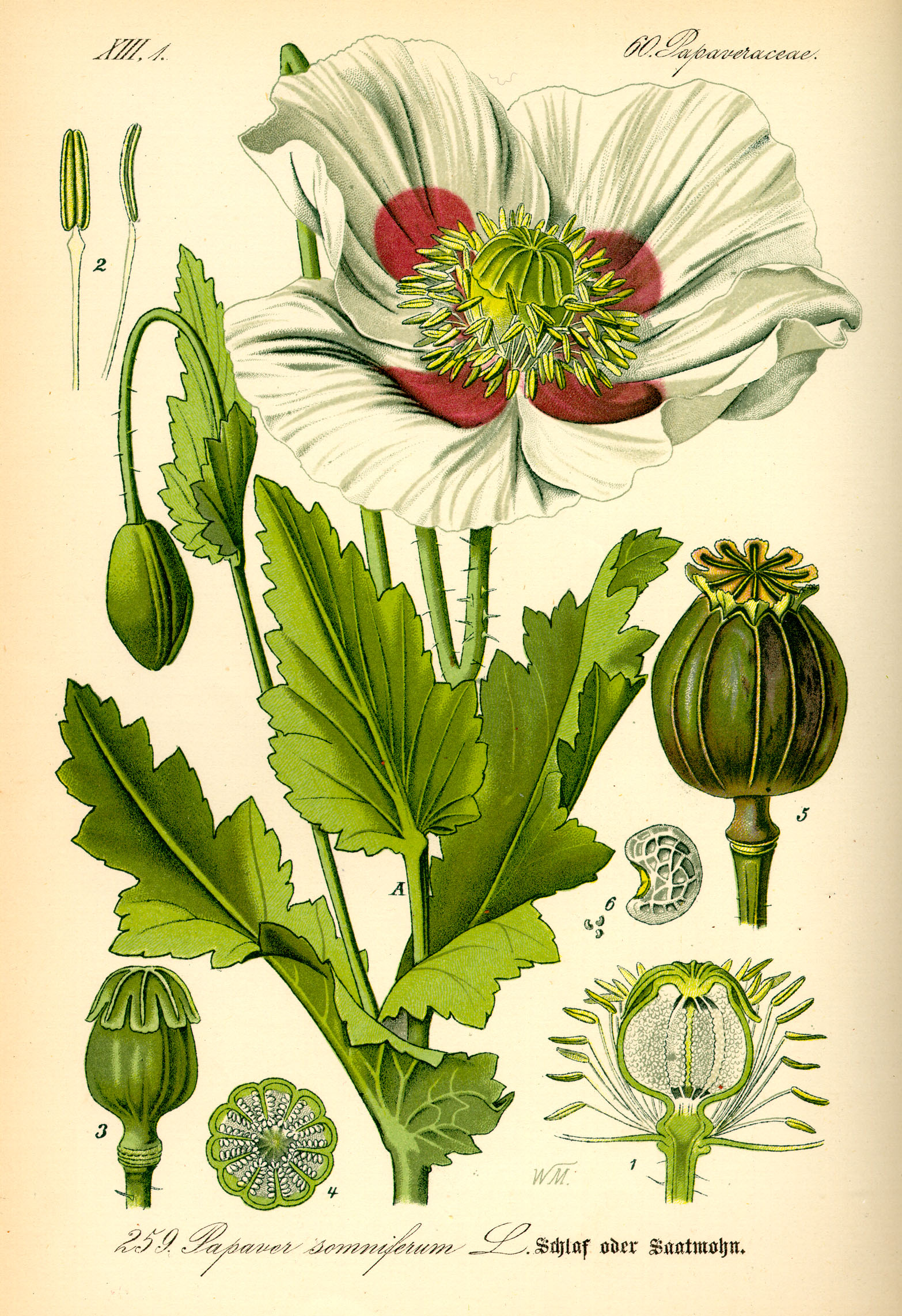
Medical researchers tackle deadly diseases with the help of worms and poppies.

FARM SCIENCE - Does exposure to farms and forests stave off asthma and allergies? How to combat viruses with pigs. And why milk goes sour faster than other beverages.

People who live around fewer varieties of plants, and whose skin carries fewer kinds of bacteria, are more likely to have allergies.
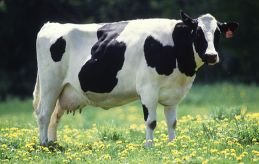
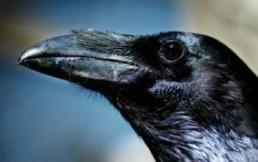
BIRDS & DINOSAURS - Scientists discover T. Rex's feathered cousin, did dino gas warm the ancient earth? And giant fleas that may have pestered the prehistoric giants. Also: why the amorous pursuits of an Australian bird has turned it into a horticulturalist, and how ravens keep track of friend and foe.
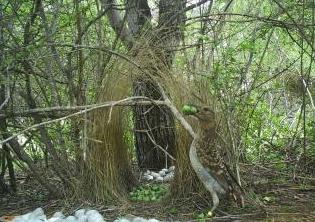
Male Spotted Bowerbirds unintentionally cultivate ornamental plants while attempting to woo the opposite sex.
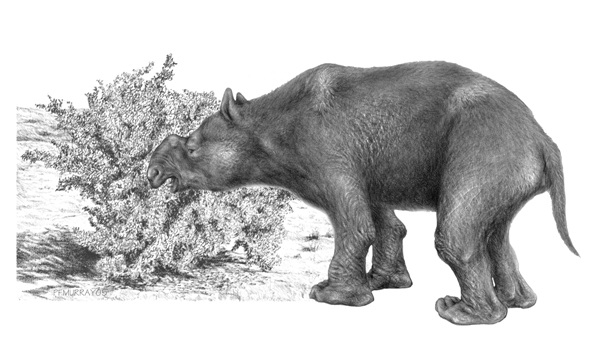
Human hunters drove Australia’s largest animals to extinction around 40,000 years ago.
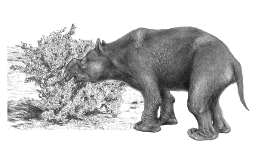
EVOLUTION & EXTINCTION - What really happened to Australia's missing megafauna, how carnivores lost their sweet tooth, why lovelorn fruit flies resort to alcohol, strategic miscarriages in monkeys, and a new frog species is discovered in plain sight.
Researchers are trying to boost the efficiency of photosynthesis in crops like soybeans, rice and potatoes to feed the world’s growing population.
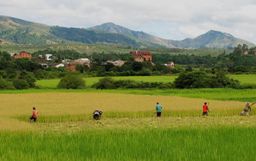
AAAS 2012 ANNUAL MEETING SPECIAL - This week, we're coming to you from Vancouver, British Columbia, where scientists are gathering to tackle issues or global importance, such as how to boost crop productivity to feed a growing population, and making cookstoves safer for the world's poor. Also: video games to combat cataracts, and ultra-thin electronics printed with silver ink.
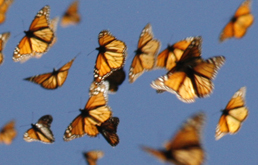
BEHAVIOR, ECOLOGY & ENVIRONMENT - why dirty laundry could be damaging the environment, how to make wine growing compatible with wildlife, what the Monarch butterfly genome can tell us about their epic migrations, and how wasps see faces.
New uses for DNA fingerprinting include tracking deadly tse-tse flies and identifying species from ancient soil samples.
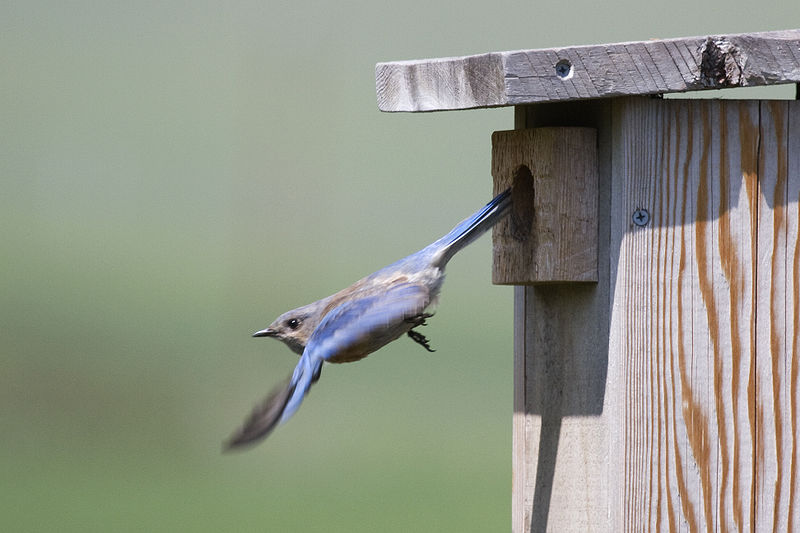
Wildlife often suffer from our insatiable need for agricultural land. But researchers in California are finding that birds and vineyards can actually benefit each other.
A single gene in a lethal virus makes gypsy moth caterpillars stop molting and eat constantly.

PLANETS & PATHOGENS - Gardening for Mars, the darkest planet, a parasite that turns rats against themselves, telling the viruses from the bacteria, and the link between caffeine and skin cancer prevention.
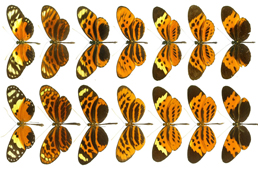
MARVELS OF EVOLUTION - A prehistoric pregnancy clears up a Mesozoic mystery. The economics of plant-fungi cooperation. How to get six butterflies in one. Counting up the species on earth. And how your stress could be bad news for your mate if you're a finch.
A new study documents the rate at which species are moving toward the poles or up the sides of mountains to escape climate change.
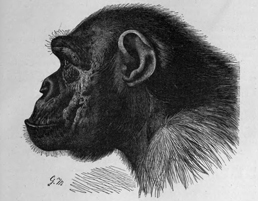
FEAR, LIES & SHRINKING BRAINS - Why our brains shrink, but chimps' don't, why computers are better at spotting lies than we are, and an enzyme for fear. Also, medical electronics that resemble tattoos, and how organic chicken farms could be a boon to public health.
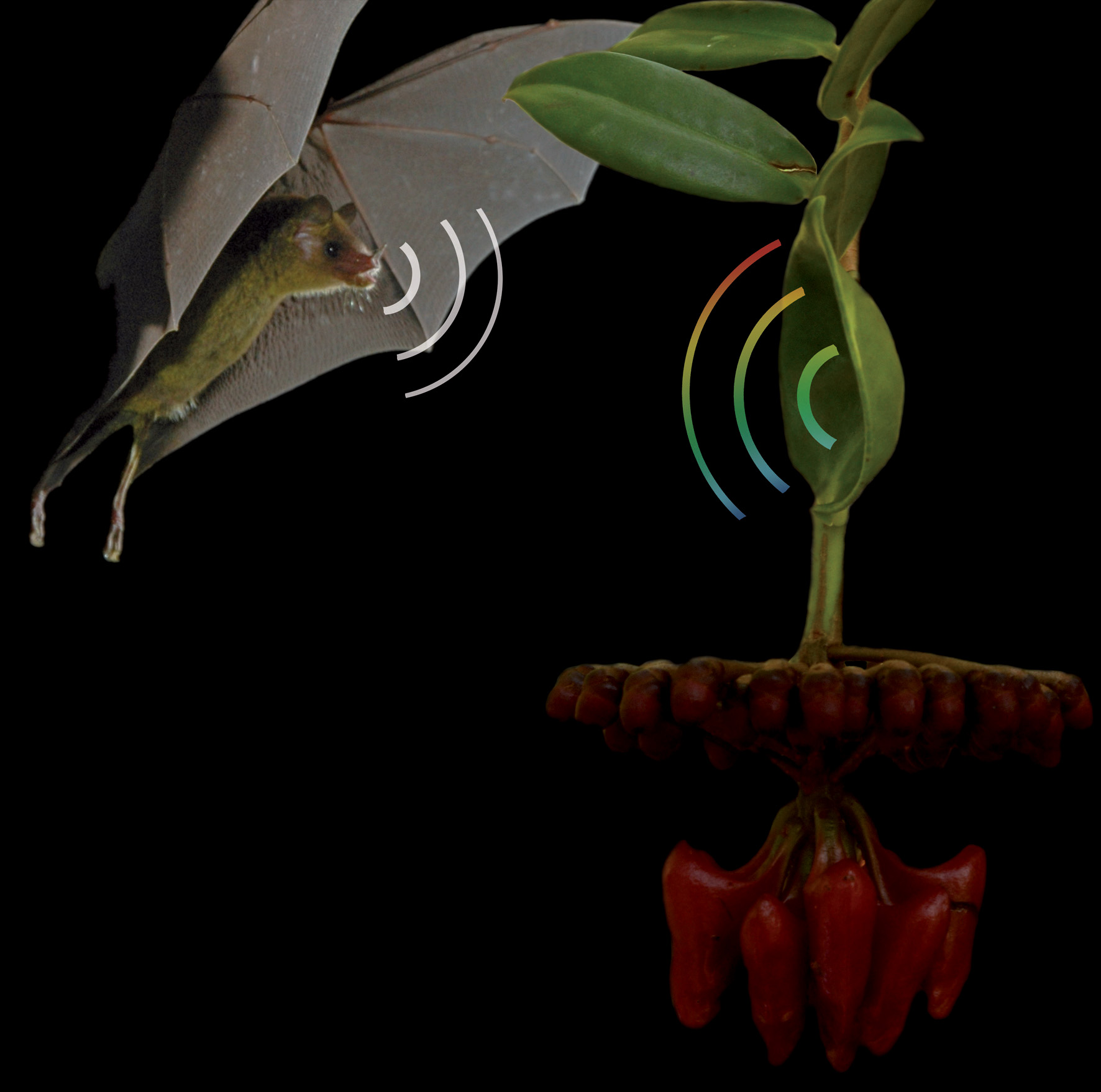
A Cuban plant has acoustically-enhanced leaves that help pollinating bats find it in the dark.
